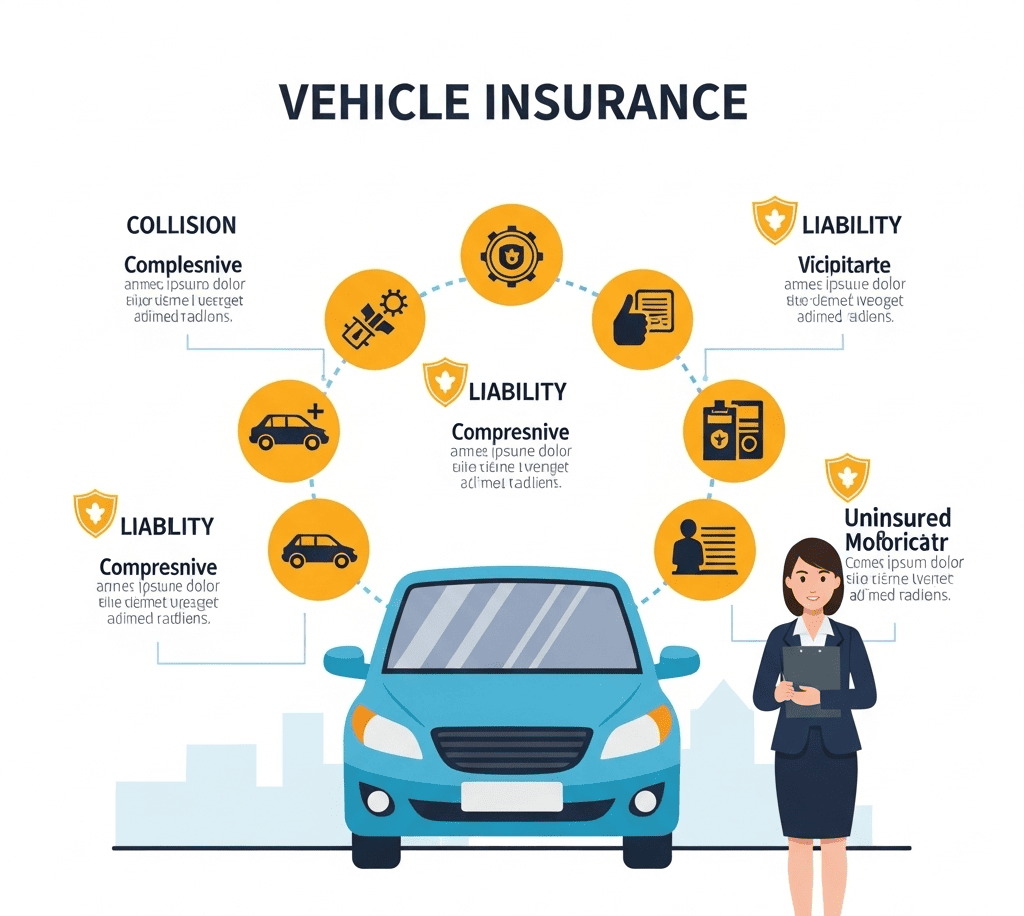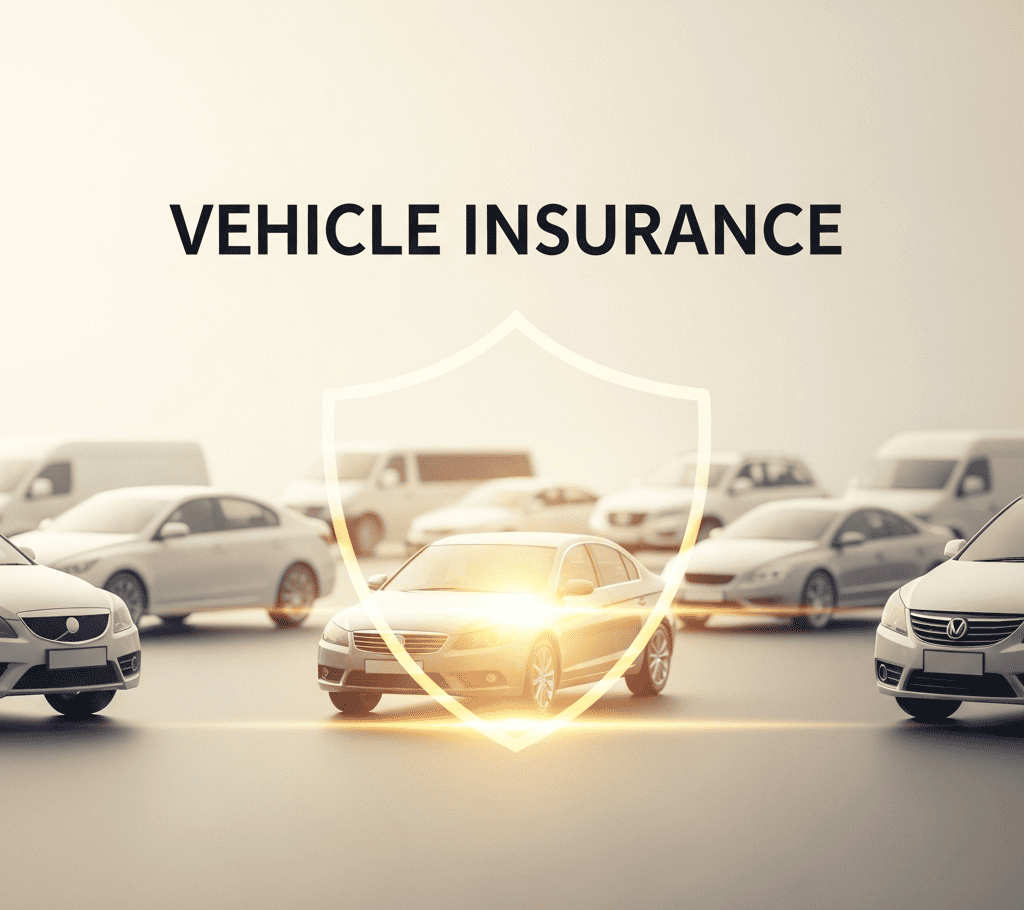Vehicle insurance, commonly referred to as car or motor insurance, is a contract between a vehicle owner and an insurance provider that offers financial protection against losses or damages arising from accidents, theft, natural disasters, fire, and third-party liabilities. In India, vehicle insurance is not just a prudent financial safeguard but also a legal requirement. As per the Motor Vehicles Act, 1988, every vehicle owner must have at least third-party liability insurance to drive legally on Indian roads.
There are primarily three types of vehicle insurance policies available in India:
Third-Party Liability Insurance: This is the minimum mandatory coverage by law. It protects the policyholder against liabilities arising from injuries, death, or property damage caused to a third party in an accident involving the insured vehicle. However, it does not cover damages to the insured vehicle itself.
Comprehensive Insurance: This policy provides broader protection, covering both third-party liabilities and damages to the insured vehicle due to accidents, theft, fire, natural or manmade calamities. Comprehensive plans can be enhanced further with add-on covers like zero depreciation, engine protection, and roadside assistance, offering more extensive coverage and peace of mind.
Standalone Own Damage Insurance: Introduced more recently, this policy covers only the damages to the insured vehicle from accidents, theft, fire, or natural calamities, and must be purchased alongside a third-party policy.
The cost of vehicle insurance depends on several factors, including the vehicle’s make, model, age, location, and the type of coverage selected. For example, comprehensive insurance for a mid-range sedan can range from INR 10,000 to INR 20,000 annually, while third-party insurance is generally less expensive.
Choosing the right insurance policy involves comparing features, premiums, claim settlement ratios, and available add-ons across insurers. With rising car ownership and urban traffic, vehicle insurance remains essential for legal compliance, financial security, and stress-free driving.


